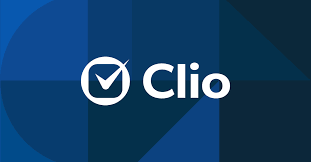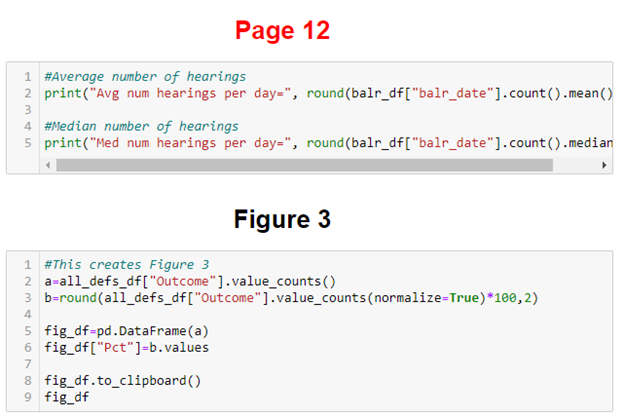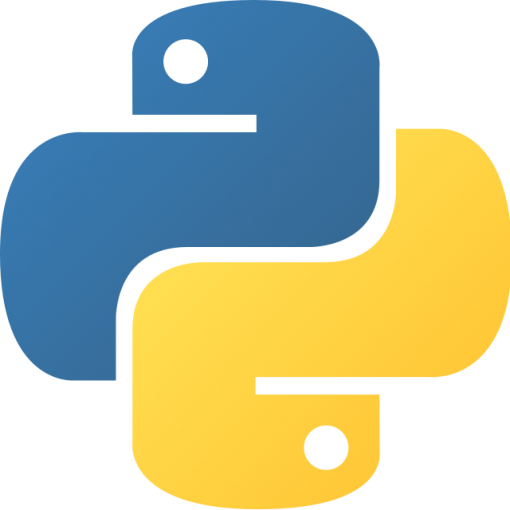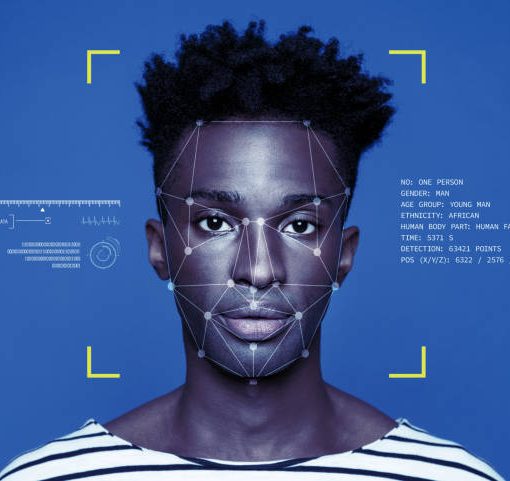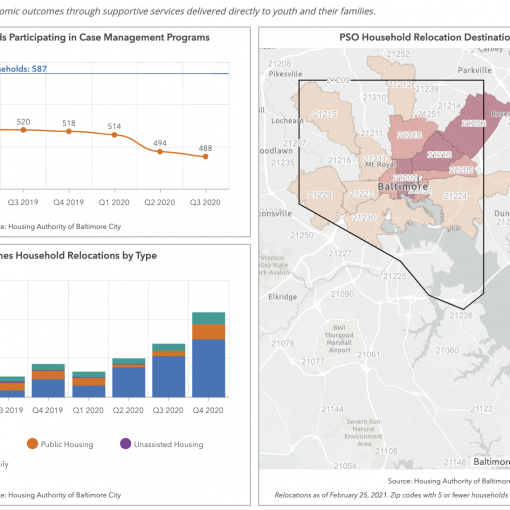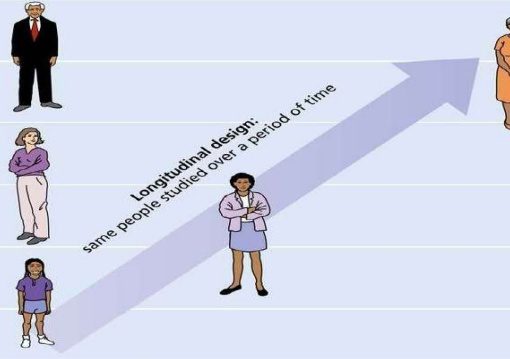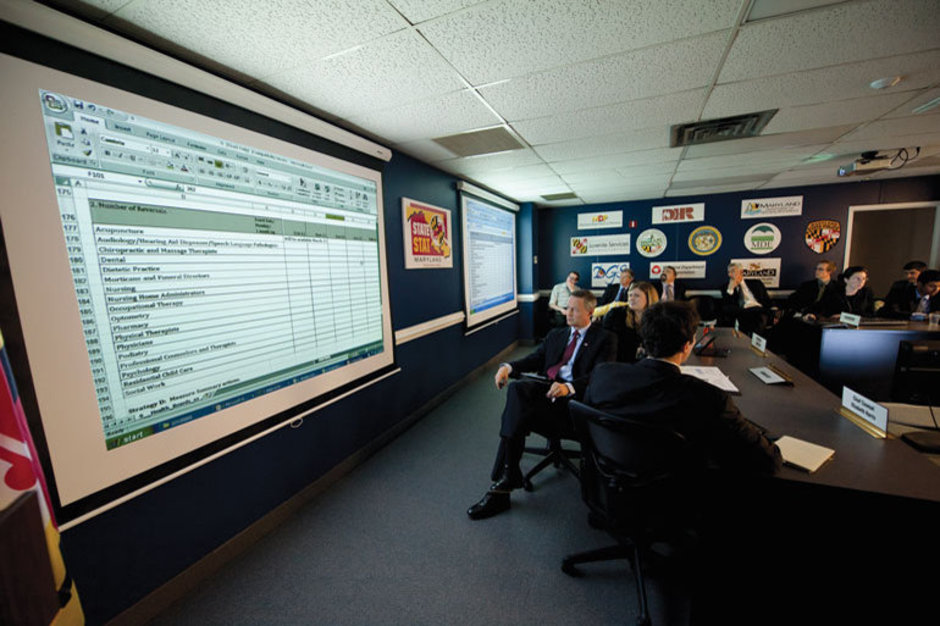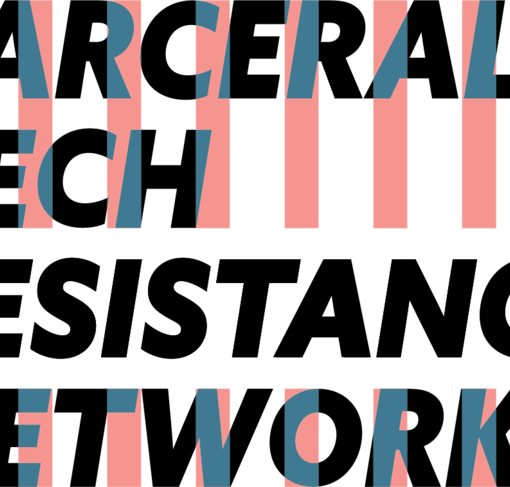As a third-year law student, I have spent much of my last three years improving my writing skills; however, I still find that I express myself better orally. Perhaps this is because of tone, enunciation, or other aspects unique to the oral verbalization of words. It may also be due […]
Uncategorized
Throughout the clinic, we have constantly used python to perform data analysis. Usually, the data analysis we performed concerned identifying trends made from other people; rarely ever did we look at our own data trends. With just a few changes, python can allow for us to see our own […]
If you have ever read a scholarly article, whether in a medical journal or law review, you know that they are replete with citations. Citations are the lifeblood of academic discussion; without them, assertions based on facts become mere unsubstantiated opinions. The ability to effectively cite data is central to […]
When the average person hears the word coding or programming, they think of people who sit behind computers all day, staring at a blank screen, viewing random numbers cascade across the screen like a scene out of The Matrix. However, this is not the case–learning code is doable […]
Throughout the past few weeks, my colleagues and I have had a discussion surrounding the use of facial recognition technology in the legal world. This discussion has evolved over time, and we arrived at discussing the different values that the technology has such as security and safety, accountability, advancement, etc. […]
Welcome back to the third iteration of the Legal Data and Design Clinic! This semester, the LDDC will continue to be led by Colin Starger, Associate Dean for Academic Affairs at the University of Baltimore School of Law and the Director of the Legal Data and Design Clinic. He will […]
“When… data is organized, processed and given a context, it [becomes] information. It is this information that is… critical in decision making.” Baltimore Neighborhood Indicators Alliance’s (BNIA) goal is “to strengthen Baltimore neighborhoods by providing meaningful, accurate, and open data at the community level.” One way BNIA brings this information […]
Google and Oracle have been involved in a legal dispute since the mid aughts. Back in 2005, Google acquired Android in order to build a new software platform for mobile devices, such as phones and tablets. In order to make development relatively easy for their developers, Google copied over 11,000 […]
Earlier this year, The Legal Data and Design Clinic assisted the Office of the Attorney General by providing testimony in support of House Bill 0580, which opposed driver’s license suspensions for child support arrearages. The rationale behind suspending licenses due to nonpayment of child support is that it would […]
Introduction To drive any data-driven research project in the right direction, framing the research question properly is the first fundamental step. A key decision that goes into the framing of a research question is to decide how the data should be tracked. This requires some keen observations on the part […]
A startup company is generally one that is just getting off the ground, and it usually has high costs and a small amount of revenue. In order to maintain operations, many startups seek capital from friends, family, venture capital, crowd sourced funds and loans. When developing their identity startups must […]
The year is 1994, CompStat is introduced, in part, as an answer to “limited communication” and a “lack of up-to-date information” within the NYPD, which made a “thorough analysis of crime patterns practically impossible.” The program would go on to allow “timely crime statistics to push precinct commanders to greater […]
What is the Carceral Tech Resistance Network (CTRN)? A coalition for “those organizing against the design, experimentation and deployment of carceral technologies (CCTV, drones, electronic monitoring, facial recognition, etc.) by building community archives, community knowledge, community defense and community power.” In a Logic Magazine interview with Sarah T. Hamid (policing […]
The Legal Data and Design Clinic (LDDC) is back and ready to go! In order to commemorate the start of a new semester, the clinic has released an updated version of its website. This release contains information about the new student attorneys and features a new “LDDC Alumni” page. This […]
Website version 2.0 of the LDDC website has launched! This is the last installment of the LDDC website for the Spring 2020 student attorneys who will be graduating at the end of this semester. The main objective of version 2.0 was to refine with small upgrades and finalize decisions on […]
To paraphrase Al Pacino’s character in the 1999 film Any Given Sunday: “The [data] we need are everywhere around us.” Joining the Legal Data & Design Clinic was an eye-opening experience for the inaugural class of student attorneys. Few of us probably realized the growth and appreciation that was in […]
COVID-19 has affected law schools and law students in a way that has never been experienced before. The transition from in-person to online learning has forced law schools to take untraditional approaches to how they teach students. Law school is already a difficult and stressful time for students. Adding the […]
If you are a lawyer or law student and don’t already know about Slack, you probably should. This post is primarily aimed at folks who have some Slack exposure and want to sharpen their chops, but for the entirely uninitiated, just know this: Slack is a communications app designed to […]

